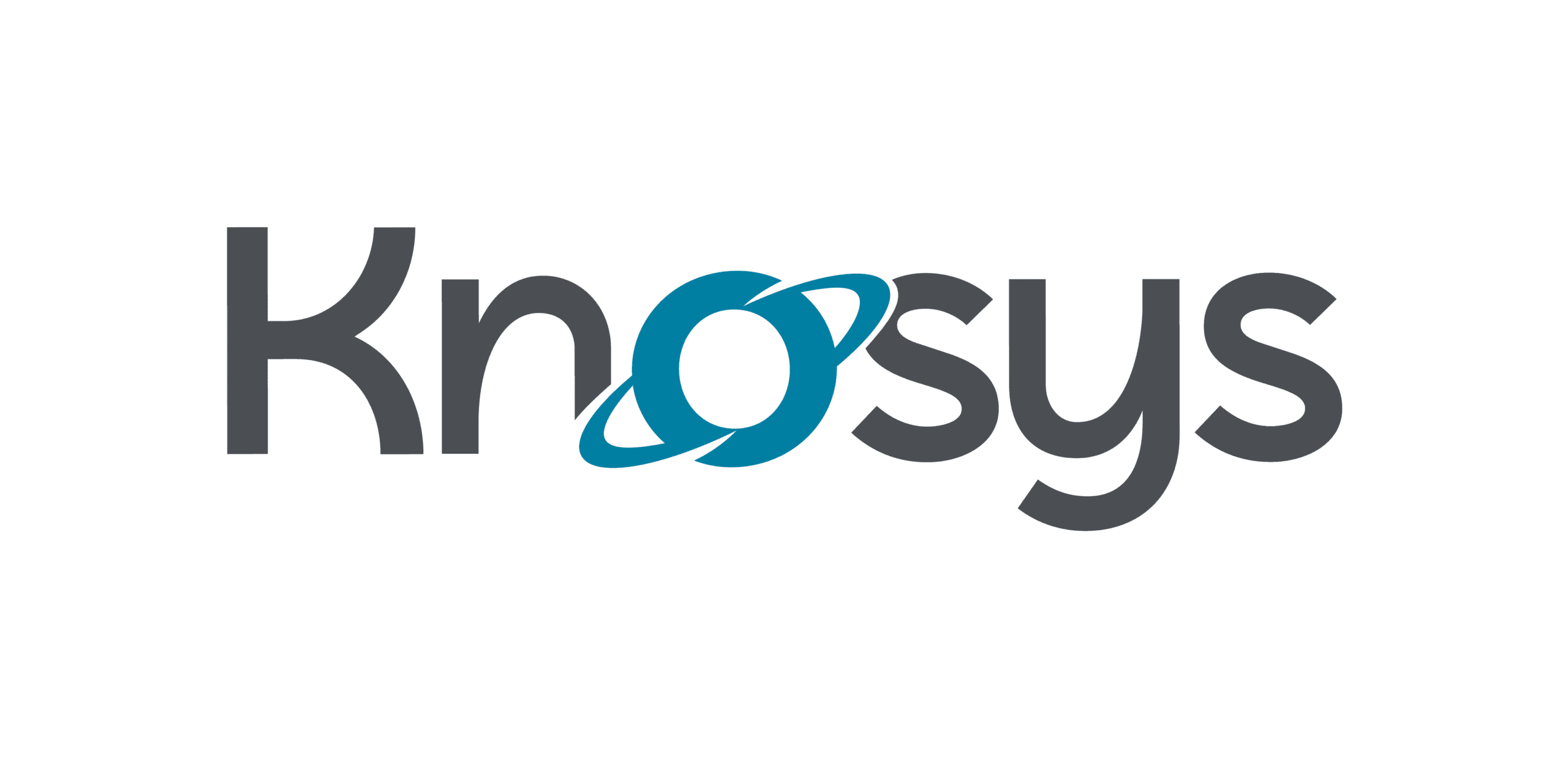Francis Lim is the Business Development Manager in our Singapore office and just as we have had to adjust to challenges here in Australia and New Zealand – our Singaporean counterparts have had lots of adjusting to do too. Francis fills us in on the state of play in his region and how knowledge management has become a key facilitator in making adjustments and forging ahead with business continuity plans.

What has it been since lockdown began in Singapore and how are people feeling about the future?
Singapore Started the lockdown on 7th April 2020 and it has been extended from the initial date of May 4th until June 1st – so not long to go.
We are very used to the freedom of roaming around without any restriction, so this lockdown has become an event of historical significance. Just as in other cities, it is something we’ve all had to adjust to, and the people have slowly found ways to do that.
Singapore is a bustling place and people just aren’t used to the concept of a lockdown. And without the things we have always taken for granted, like dine-in restaurants or visits to shopping malls and entertainment facilities, there’s been a lot of social disruption. Professionally, for those in sales, it has made a significant impact. We’ve had to find new ways of facilitating meetings that would otherwise take place face to face and structuring our business differently.
There is an awareness that social communication is changing and of course people are worried about their job security, so there is currently a state of hyper vigilance when it comes to the workplace and ensuring tasks, projects and customer service needs are still met.
As someone who works independently on a regular basis, is there anything you have found difficult to adjust to? Have your conversations around knowledge management changed much?
Yes, there are difficulties that I have needed to face, and it has been a challenge to connect with existing clients or build new contacts. We have managed to overcome most of this by utilising different channels and working with our marketing team to create more opportunities through sales support and marketing content, collateral and communications.
Conversation around Knowledge Management has not changed too much, as the majority of the companies I’ve conversed with are using some form of software as their form of KMS. These systems can work well for some SMEs but when the data or information pool gets larger, IT departments begin to face problems or bottle neck issues when using it. Ultimately, we are here to assist the IT dept with issue they face by providing them with an alternative solution to solve their problems and challenges.

Funan at night – Francis Lim
Those who work remotely are always navigating different collaborative routes to find the best communication tools and the best way to get projects completed without face to face contact. Have you noticed an uplift in interest from people wanting to explore better ways of managing their day to day business?
Oh Yes! I notice that companies during this period are sourcing or purchasing tools for telecommunicating for their employees. Tools to conduct video conferencing, as well as the VPN access for the employees to access internal information or shared information have become essential.
Singapore has become widely known as the Silicon Valley of the Asia Pacific – being amongst such technically minded and forward-thinking organisations, do you think the situation has affected businesses differently?
Singapore is certainly home to state-of-the-art technology companies, some based right here in Funan, so it’s an exciting city for our industry and other technology providers because conversation around innovation is encouraged.
Whilst many local companies appear to be accepting of new technologies that could improve their business models, only a small number are making that investment a reality, so there is still a lot of education needed to provide the majority of companies with the impetus to make decisions that will benefit their organisations in the long term.
Since this pandemic has arisen, many business owners have changed strategy and focused more on business continuity planning (BCP) and making it a priority. One of the first things to consider when structuring and implementing a BCP is how to share information to employees including those at different levels – choosing a knowledge management solution that suits their needs is a big part of this process.

Silent beauty in Singapore – Francis Lim
Many of the knowledge conferences we were due to attend have been cancelled or re-scheduled, including our own, how can people better understand knowledge management without attending a physical event?
Due to the Pandemic occurring, all scheduled meetings, conference and events have been cancelled or re-scheduled. But this doesn’t stop us from educating our clients on the importance of KMS. From the very first call with a customer, I will have chat about their current challenges and objectives. Once we understand more about the client, we can tailor a knowledge management solution to help them achieve those objectives, despite the current circumstances that seem to magnify their challenges.
After the first call, we will arrange a product demo with our product consultant. Our demo is unique from other software vendors as we tailor our solution to what the clients wants to explore and what they need within their organisation.
After the demo is complete, we will do a follow up with the client via their preferred method of contact. Considering that many of these people are now in WFH situations we appreciate and respect when and how they prefer to be contacted and adhere to making sure we accommodate requests as best as possible. This is one of the small ways we make it easier to absorb the stresses of the situation while still offering learning opportunities and product demonstrations.
How can an organisation begin to understand if knowledge management is the right solution for them?
The Knowledge within an organisation has two modes: Content and Connections.
Content based knowledge concerns know-how and know-why, and connection-based knowledge concerns know-where and care-why. Hence a KMS (Knowledge Management System) allows the organisations to “visualise” how these elements are connected to each other and help organisations work more effectively by creating a single source of truth.
If you have recognised there is a knowledge gap or efficiency problem within your company, the first step is to have a conversation with us and find out if a KMS is right, or if there is a different path to pursue.

City in lockdown – Francis Lim
Do you think facing a pandemic will improve businesses in the long-run and give them an opportunity to explore more strategic and customer-oriented strategies?
When the rationale for customers to help seems mostly about enhancing profitability, the request to lend a hand can feel disingenuous, and in some cases, can lead to behaviours that run counter to the organization’s objectives. But when it’s clear that our engagement is broadly helpful—to ourselves and to others—most people are delighted to engage.
By identifying concrete ways in which they can help customers, providing clear instructions about what we/they can do, and designing transparency into why their partnership will make a positive difference for everyone involved, business leaders/owners can improve interactions among their customers and employees, and help us all achieve better things together.
What you have learned from this experience and what do you hope to see companies doing going forward?
This challenging period has provided unquestionable experience for everyone on either side of the knowledge management spectrum.
Communication and interaction on a human to human level takes many forms and whilst we have lost the benefit of body language and associated perceptions that we can take from face to face interaction, there are others we have gained from the process of enduring a setback together. We are now in a situation where we can all share our experience and talk about how we’ve each been affected and are coping. A communal experience has provided new reasons to connect and to help each other.
We would love to see and to help more companies right now to realise how important sharing information within an organisation is and offer the knowledge that’s required to empower these companies to make necessary changes for the future.
If you would like to find out more about Knowledge Management or request a demo simply follow the links below:
{{cta(‘ca79c73c-341b-4b73-aa81-ae7bb3352fa8’)}}
{{cta(‘5d220a5c-aedf-43ec-8357-c47031c0621d’)}}
